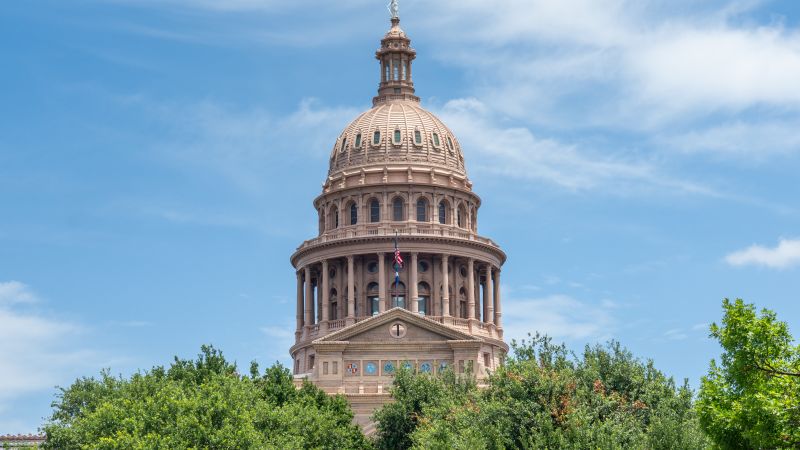
The brazen partisan redistricting underway in Texas, with Republicans attempting to entrench themselves in office and Democrats weighing a counter-offensive in blue states, was greenlit by the US Supreme Court six years ago.
Chief Justice John Roberts, in an opinion for a 5-4 court, declared that federal judges could not review extreme partisan gerrymanders to determine if they violated constitutional rights.
Roberts’ opinion reversed cases that would have allowed such districts — drawn to advantage one political party over another irrespective of voters’ interests — to be challenged as violations of the First Amendment’s guarantee of free speech and association and the Fourteenth Amendment’s guarantee of equal protection.
The justices split among the familiar ideological lines, with the five conservatives ruling against partisan gerrymanders and the four liberals dissenting.
“Of all times to abandon the Court’s duty to declare the law, this was not the one,” dissenting justices warned in 2019, “The practices challenged in these cases imperil our system of government. Part of the Court’s role in that system is to defend its foundations. None is more important than free and fair elections.”
That decision in Rucho v. Common Cause has generated a new era of partisan rivalry with vast repercussions for American democracy. The decision resonates as profoundly as the Roberts Court’s decision last year in Trump v. United States, which granted presidents substantial immunity from criminal prosecution (also delivered among partisan lines).
Trump has taken the 2024 ruling as a blank check, tearing through democratic norms.
Read more about the impact of the Supreme Court’s decision.

